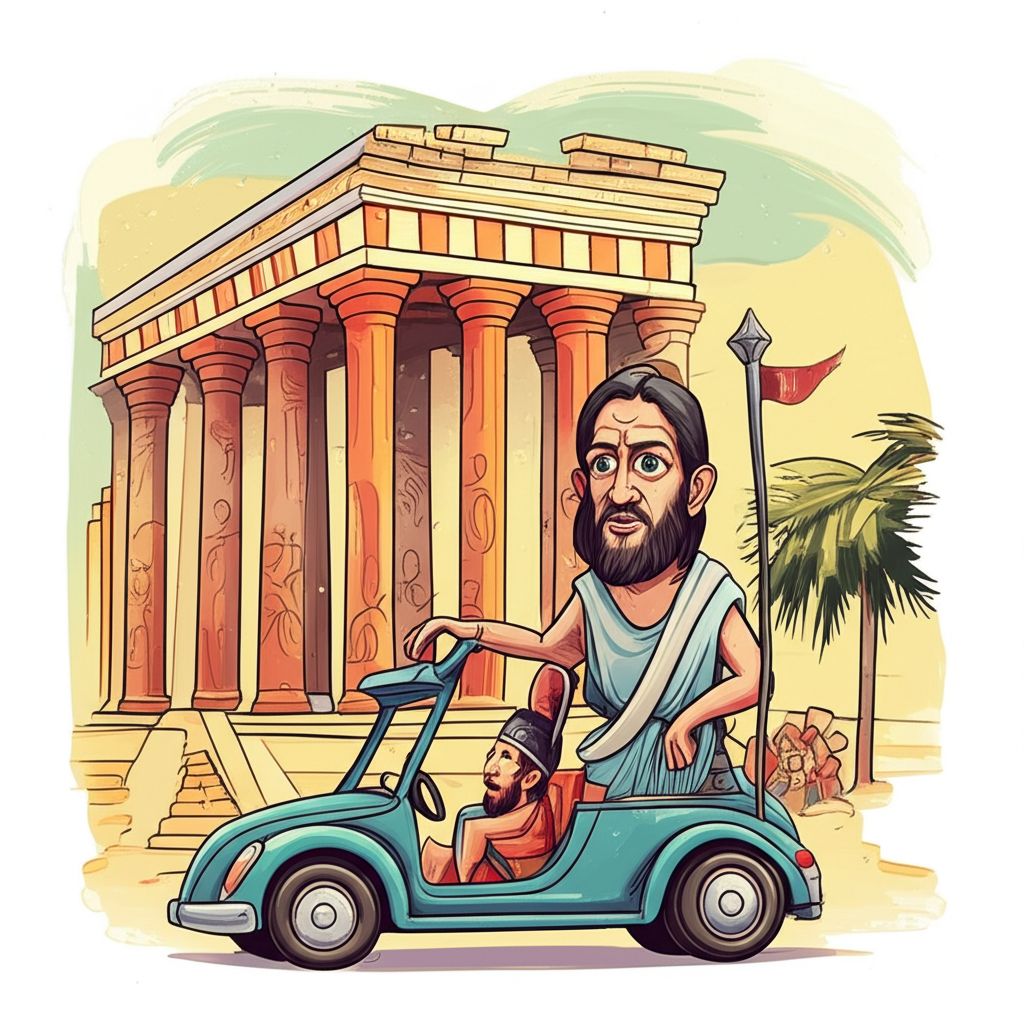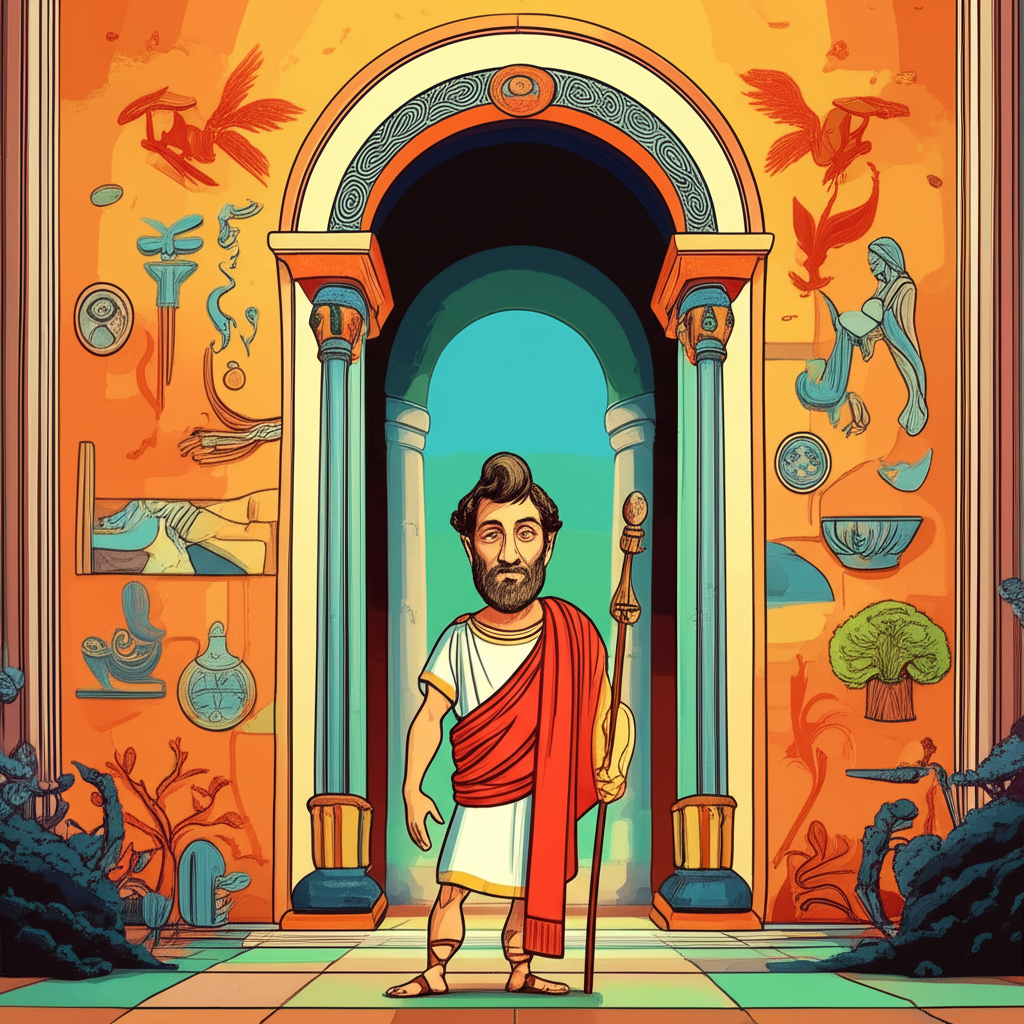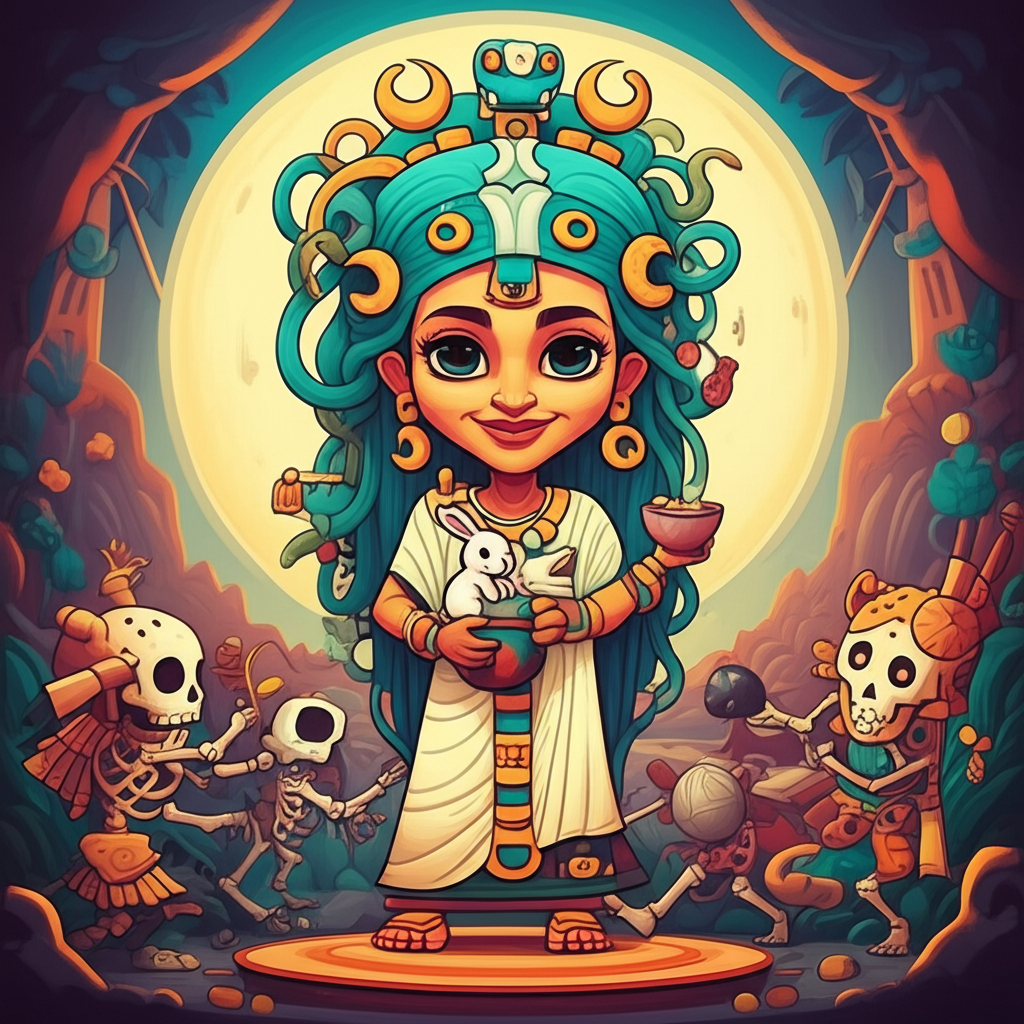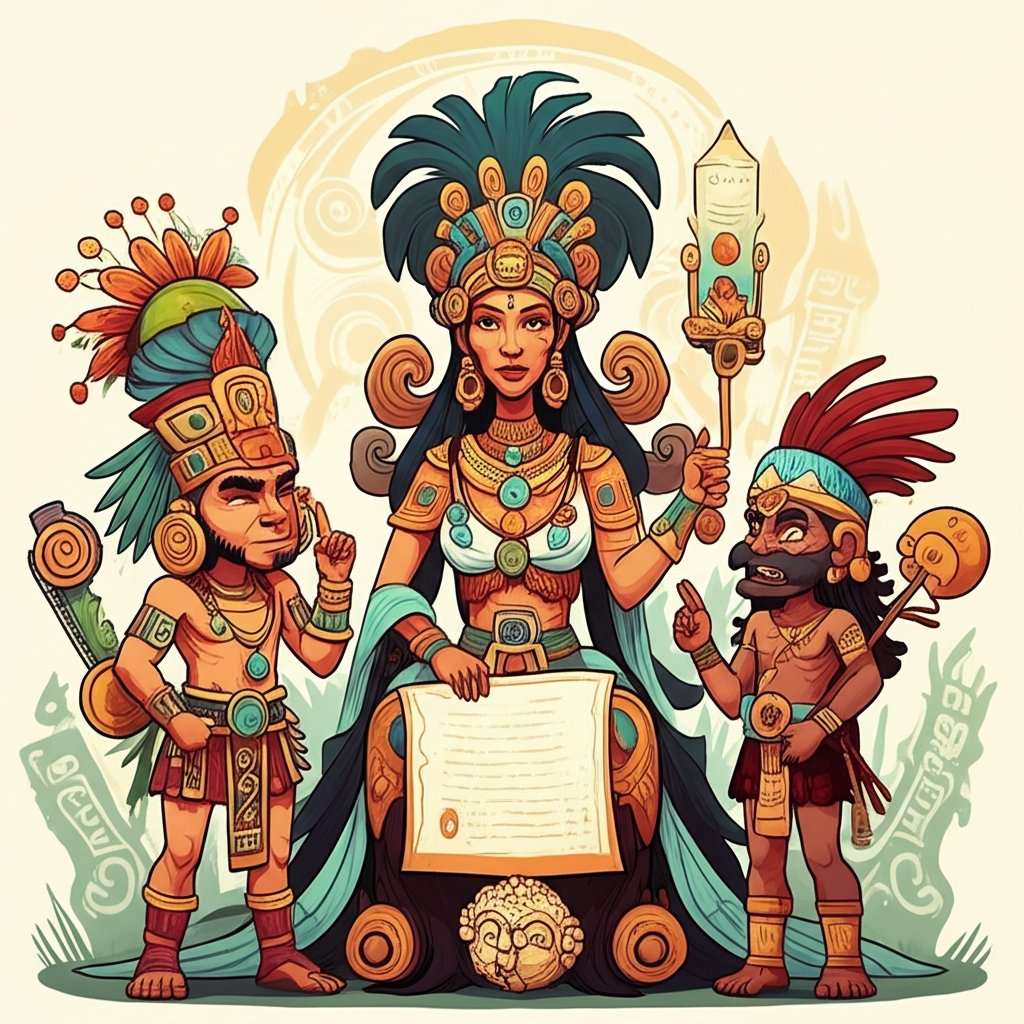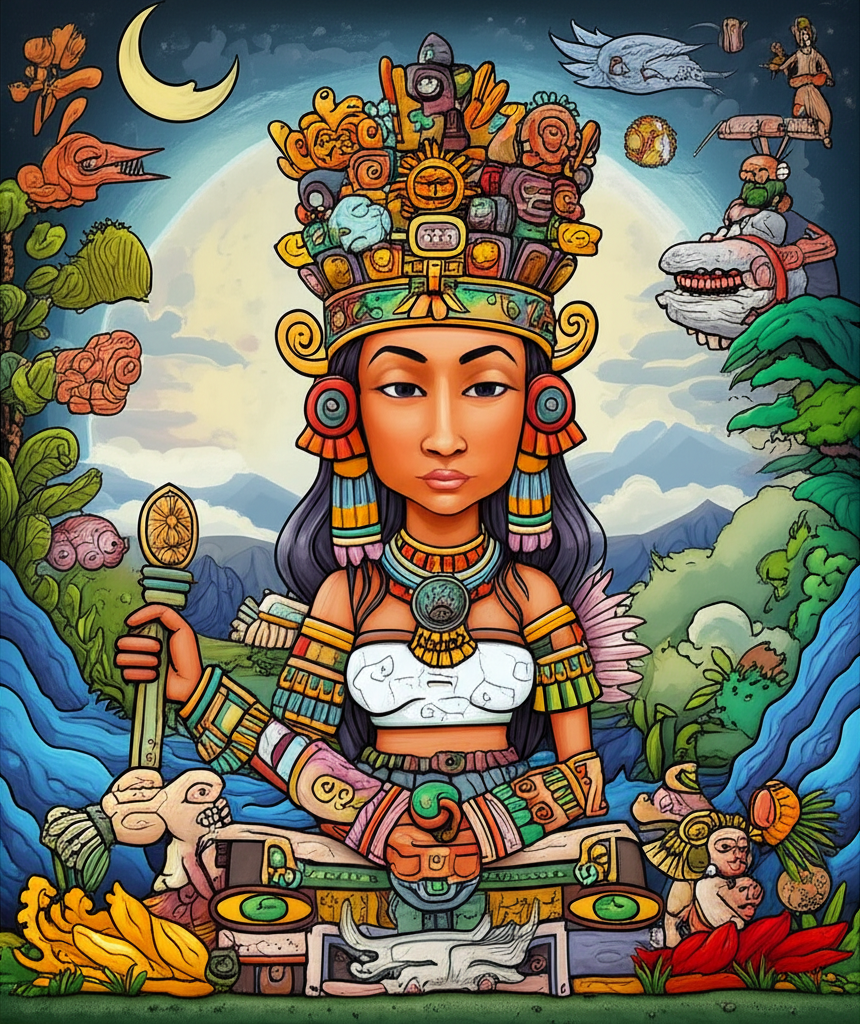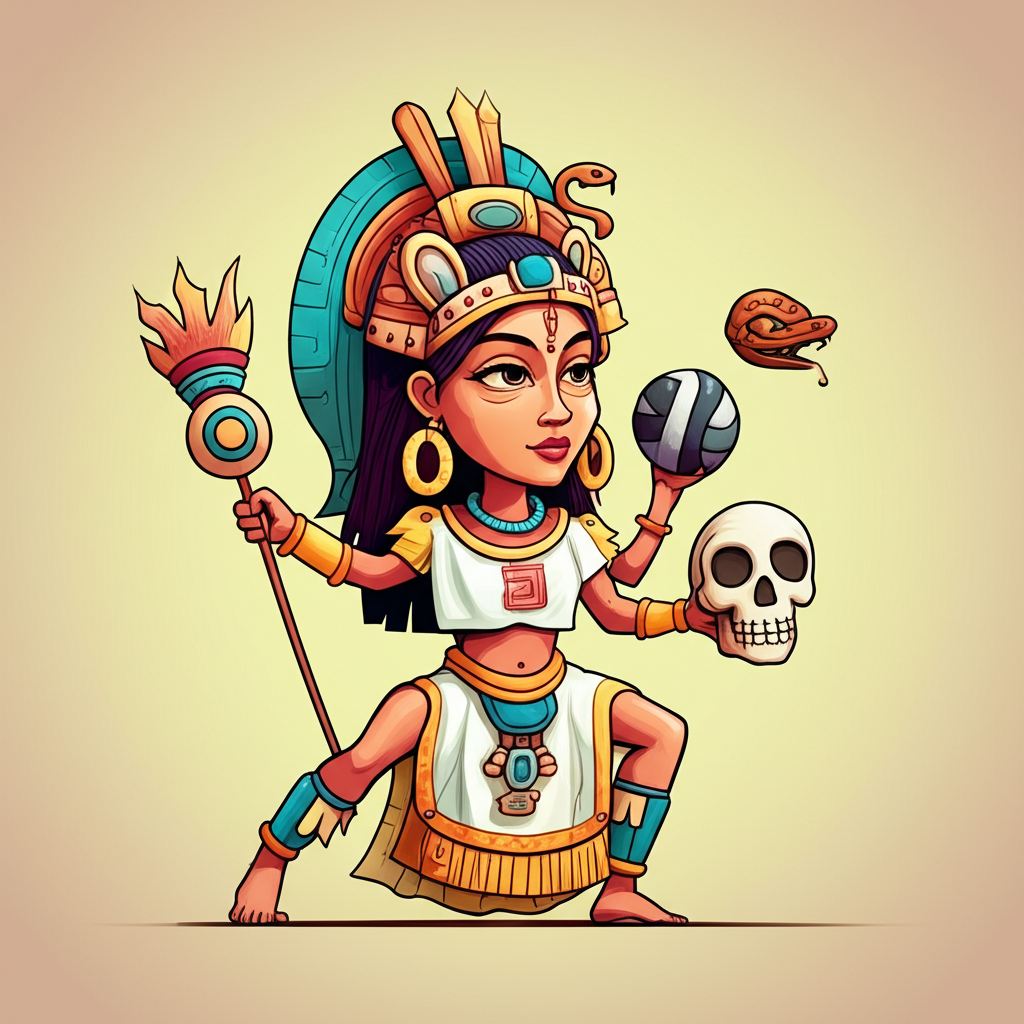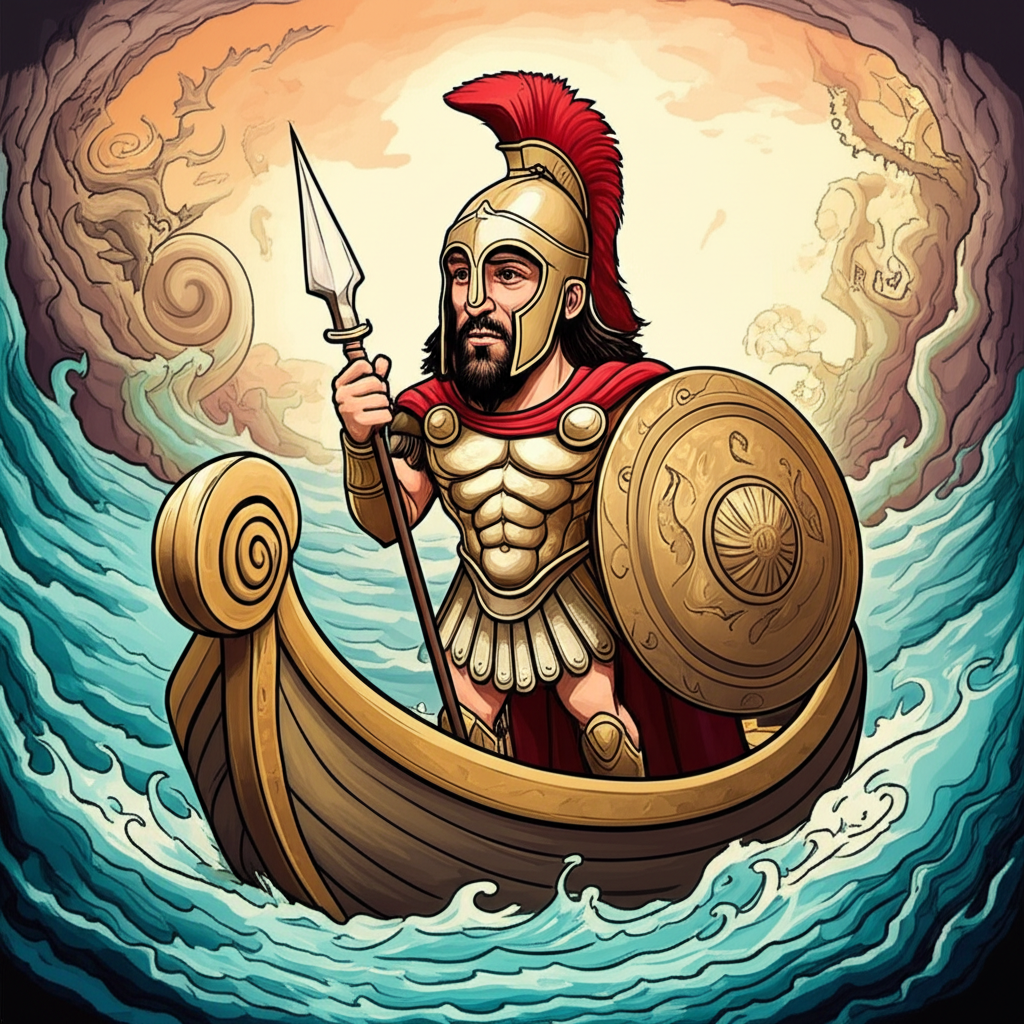
Ancient Greece, a land steeped in dramatic landscapes and vibrant cultural narratives, gave rise to a pantheon of gods and heroes whose stories have resonated through millennia. Among these tales, the legend of Achilles, the near-invincible warrior of the Trojan War, stands tall. While his exploits on the battlefield are legendary, a lesser-known, yet profoundly significant, aspect of his myth involves a descent into the shadowy realm of Hades, the underworld. This narrative, woven from threads of ancient belief and human fascination with mortality, offers a glimpse into how our ancestors grappled with life, death, and the unknown.
A World of Gods and Mortals: The Bronze Age Echo
The stories of Achilles and the underworld emerge from the rich tapestry of ancient Greek mythology, particularly the period often referred to as the Archaic and Classical eras, flourishing roughly from the 8th to the 4th centuries BCE. This was a time when the natural world was often explained through divine intervention, and the cosmos was populated by powerful, often capricious, gods who directly influenced the lives of mortals. The Greeks viewed the world as a stage for the grand dramas of the gods, with heroes serving as intermediaries, embodying human potential and limitations in their interactions with the divine. Their understanding of death was often grim; the underworld was a place of perpetual shadow, a pale imitation of life where souls, stripped of their earthly vigor, drifted aimlessly.
The Shadowed King: Hades and His Realm
In the Greek imagination, Hades was not merely the name of the underworld, but also its ruler, a brother to Zeus, the king of the gods. He was depicted as a stern and unyielding deity, often associated with wealth due to the precious metals mined from the earth, which was his dominion. His presence was not overtly malevolent, but rather one of absolute finality. He was the keeper of the dead, a silent shepherd of souls. His realm, known simply as Hades or the Underworld, was conceived as a vast, subterranean kingdom, accessible through various mythical entrances, such as caves or dark ravines. Within this shadowy expanse lay different regions: the Asphodel Meadows for the ordinary dead, Elysium for the exceptionally virtuous, and Tartarus for the truly wicked. The journey to Hades was a one-way trip, a somber passage from which no mortal hero, save those specifically granted passage by divine will, could return.
The Uninvited Guest: Achilles in the Underworld
The most prominent narrative featuring Achilles’ journey to Hades comes from Homer’s Odyssey. It is important to note that this account is not about Achilles venturing to the underworld in life, but rather Odysseus, the cunning hero of the Odyssey, undertaking a necromantic ritual to consult the shade of Achilles.
After the fall of Troy, Odysseus, still struggling to return home, seeks the wisdom of the seer Tiresias. To do so, he must venture to the edge of the world, to a desolate land where the Cimmerians dwell in perpetual darkness. Here, on the shores of the River Acheron, Odysseus performs a ritual, digging a trench and pouring libations of milk, honey, wine, and pure water, accompanied by the sacrifice of a black ram. The scent of the blood draws the spirits of the dead from the underworld.
Among these spectral figures, the shade of Achilles appears, recognizable even in its ethereal form. He is clad in the spectral remnants of his armor, a phantom of his former glory. Yet, his voice, when he speaks, carries the weight of his earthly renown and a profound sense of regret. Odysseus, seeing the legendary hero reduced to a mere shade, expresses his sorrow and admiration, proclaiming Achilles the most fortunate of men, even in death, for his fame endured.
However, Achilles’ response is not one of pride, but of deep melancholy. He dismisses Odysseus’s praise, lamenting his current state. "Speak not to me of death, Odysseus," he declares, his voice a mournful echo. "I would rather be a serf to a penniless peasant than king of all the shades that perish." He explains that his heroic deeds, his prowess in battle, and his glorious death in defense of the Achaeans have brought him no true solace in the underworld. He exists as a disembodied spirit, a memory, devoid of the joys and sensations of life. He recounts his fate: a swift death on the battlefield, preferable to a long, inglorious life. Yet, even that heroic end has brought him to this desolate existence. He asks Odysseus for news of his son, Neoptolemus, who he hopes is fighting valiantly and earning glory, for that is the only legacy that truly matters.
This encounter, brief yet potent, reveals the profound fear and disappointment associated with the ancient Greek conception of the afterlife. Even the greatest hero, the embodiment of martial excellence, finds his eternal existence to be a hollow mockery of life.
Whispers of Mortality and the Weight of Fame
The story of Achilles in the underworld, as relayed through Odysseus’s vision, carries several layers of meaning for ancient Greeks. Firstly, it underscores the profound reverence they held for life and the inherent fear of death. The underworld was not a place of reward or spiritual transcendence, but a stark reminder of the finite nature of existence and the ultimate diminishment of the self.
Secondly, it explores the complex relationship between glory and mortality. Achilles, even in his spectral form, is defined by his earthly achievements. Yet, his lament reveals that fame, while desirable in life, offers little comfort in the face of oblivion. The story questions whether even the most glorious death can truly compensate for the loss of life’s vibrant experience.
Finally, the narrative highlights the ancestral reverence for lineage and legacy. Achilles’ primary concern is the fate and honor of his son, Neoptolemus, indicating that the continuation of one’s name and reputation through offspring was a crucial aspect of their worldview.
Echoes in the Modern Imagination
Today, the legend of Achilles and his spectral encounter in the underworld continues to captivate. In literature, his character is often revisited, exploring themes of heroism, hubris, and the human condition. Films and television series often depict his battlefield prowess, and while direct journeys to Hades are less common, the concept of the underworld as a symbolic space for confronting one’s past or facing ultimate judgment remains a powerful trope. Video games frequently draw upon Greek mythology, offering players the chance to embody heroes and navigate mythical landscapes, sometimes including the darker realms. In cultural studies, these myths are examined as windows into the moral, social, and philosophical frameworks of ancient societies, revealing their anxieties, aspirations, and their attempts to comprehend the fundamental mysteries of existence.
A Legacy of Storytelling
It is crucial to reiterate that the tales of Achilles and his voyage to the underworld are traditional narratives, born from the rich cultural heritage of ancient Greece. They are imaginative explorations of human experience, not factual accounts or divine pronouncements. As Muslims, we recognize that the ultimate truth lies with Allah, the One Creator and Sustainer of all that exists. Our understanding of reality is grounded in divine revelation.
Yet, these ancient stories hold enduring value. They remind us of the enduring human impulse to create meaning, to grapple with our fears, and to celebrate the extraordinary. The myths of heroes and their encounters with the unknown serve as powerful testaments to the enduring power of storytelling, connecting us across time and culture through shared narratives of courage, loss, and the eternal quest for understanding. They are fragments of our collective human imagination, echoes from a distant past that continue to inform our present.
